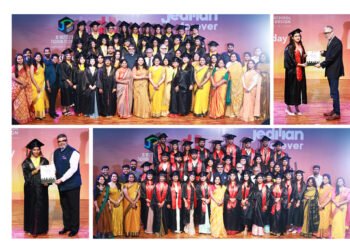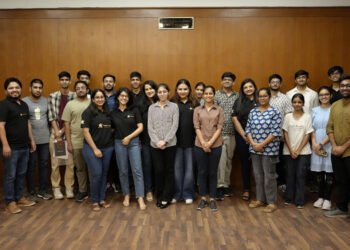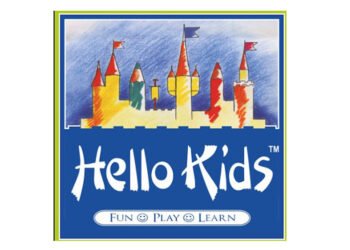– Dr. P. Prasant, Founder of PCSM and Education Mentor
For decades, the traditional education system emphasized rote learning and theoretical knowledge. Success was often measured by exam scores and the ability to memorize facts. However, a significant shift is taking place across schools, universities, and professional institutions worldwide. Today, skill-based learning—focused on real-world competencies like communication, critical thinking, collaboration, and digital literacy—is redefining the purpose and power of education.
This new approach is gaining momentum for several reasons. Employers are increasingly valuing skills over degrees. While academic qualifications still matter, they are no longer enough. In today’s dynamic job market, companies seek candidates who can adapt, solve problems creatively, and contribute meaningfully from day one. Platforms like Coursera, Unacademy, and LinkedIn Learning are booming with courses in areas such as coding, data analysis, design thinking, and leadership, indicating a clear shift in learner priorities.
India’s National Education Policy (NEP) 2020 has further accelerated this trend by placing a strong emphasis on experiential learning, vocational education, and practical exposure from an early age. Schools are now introducing coding, financial literacy, and internships as early as Class 6, while higher education institutions are integrating hands-on learning through industry collaborations and capstone projects.
The rise of edtech startups has also played a crucial role in making skill-building more accessible and personalized. Platforms like WhiteHat Jr, Yellow Class, and Leverage Edu are helping students explore everything from creative thinking to entrepreneurship. This democratization of skills training ensures that learning is no longer confined to textbooks—it’s engaging, dynamic, and future-oriented.
In classrooms today, project-based learning, innovation labs, public speaking workshops, and design challenges are helping students grow into confident, creative, and self-aware individuals. They are not just acquiring knowledge—they are learning how to apply it in the real world.
However, this transition must be balanced. Core subjects and foundational learning in math, science, and language are still essential. Skill-based education should complement, not replace, academic rigour. A well-rounded system is one that integrates both—building intellectual depth along with practical fluency.
As technology continues to evolve and workplaces transform, education must evolve too. Skill-based learning equips students not just to pass exams, but to thrive in life. It nurtures curiosity, resilience, and adaptability—the very qualities that will define success in the 21st century. It’s a promising and powerful direction for the future of learning.





















